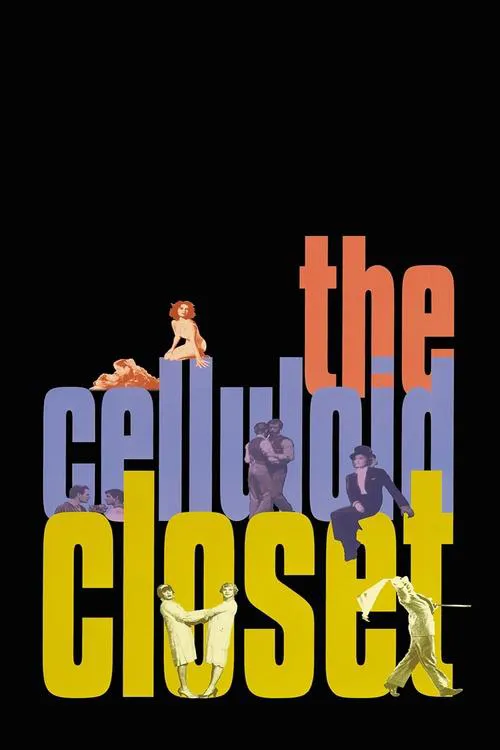The Celluloid Closet

Plot
The Celluloid Closet is a groundbreaking and insightful documentary that delves into the portrayal of homosexuality in Hollywood films over the past century. Narrated by the inimitable Lily Tomlin, the film is an engaging and informative journey through the history of cinematic representation of gay men and lesbians. The movie opens with a montage of classic Hollywood films featuring stereotypes and caricatures of gay individuals, often perpetuating negative and demeaning portrayals. From the comedic relief of the "pansy" character to the tragic figures of the "tragic queen," it's clear that the film industry has often relied on these tired tropes to represent gay men and lesbians on screen. However, as the documentary progresses, it becomes clear that there has always been a counter-narrative at play, with many filmmakers and actors pushing against the industry's conventions and challenging the status quo. One of the key figures in this fight is Rock Hudson, who, despite being deeply closeted himself, became an unlikely icon for gay men in the 1950s and 1960s, particularly through his portrayal of suave, charming males in films like "Giant" and "Pillow Talk." Meanwhile, some actresses like Olivia de Havilland, Susan Hayward, and Barbara Stanwyck, have portrayed women who were often shown as being in romantic and deep relationships with another woman, but the subtext of these relationships has long since been misinterpreted as platonic friendships or "sisters". The film highlights the ways in which the industry has often erased or downplayed these relationships over the years, reflecting the societal attitudes towards lesbianism in the mid-20th century. The 1960s and 1970s saw a significant shift in the portrayal of gay men and lesbians on screen, with the emergence of filmmakers like Martin Scorsese and Brian De Palma, who pushed the boundaries of what was considered acceptable in mainstream cinema. Movies like "Midnight Cowboy" (1969) and "Scarecrow" (1973) featured gay characters in roles that were both nuanced and complex, paving the way for future generations of gay and lesbian filmmakers. In the 1980s and 1990s, the AIDS crisis marked a turning point in the representation of gay men on screen, as the film industry began to grapple with the reality of the epidemic and the impact it had on the gay community. Documentaries like "Common Threads: Stories from the Quilt" (1989), directed by Rob Epstein and Jeffrey Friedman, provided a powerful and emotional look at the crisis, while films like "Parting Glances" (1986) and "Mystic River" (1982, released in 2011) tackled the issues head-on, exploring themes of grief, loss, and activism. Through a dazzling array of footage, interviews, and commentary, The Celluloid Closet brings together a diverse range of perspectives on the representation of gay men and lesbians in Hollywood. Tom Hanks, Susan Sarandon, Whoopi Goldberg, Tony Curtis, Harvey Fierstein, and Gore Vidal are among the many actors, writers, and commentators who share their insights and anecdotes about the gay men and lesbians who worked behind and in front of the camera. One of the most compelling aspects of the documentary is its exploration of the lives and careers of gay and lesbian filmmakers, including William Friedkin, Paul Newman, and Barbara Stanwyck. Through their stories, the film highlights the ways in which the film industry has often tolerated or even celebrated gay individuals while simultaneously denying them the recognition and respect they deserve. Ultimately, The Celluloid Closet is a testament to the power of cinema to shape our understanding of the world and ourselves. By exploring the complex and sometimes fraught history of gay representation on screen, the film reminds us that the battle for acceptance and visibility is far from over, but one that is worth fighting.
Reviews
Recommendations




